Research Stories
Filter by category
Filter by year
Filter by year
- Alloys
- Analytical Chemistry
- Anti-Cancer
- Applied Physics
- Atomic, Molecular, and Optical Physics
- Chemical Biology
- Chemistry
- Clean Energy
- Condensed Matter
- DNA
- Energy
- Environmental Science or Biology
- Food Safety
- Kondo Cloud
- Materials
- Materials Chemistry
- Materials Science
- Mathematical Modelling
- Mathematics
- Nanomaterials
- Neural Networks
- Neutron Scattering
- Photosynthesis
- Photothermal Therapy
- Physics
- Quantum Materials
- Rankings
- Renewable Energy
- RNA
- Soft Matter & Biophysics
- Solar Cell
- Sound Wave
- Spectroscopy and Imaging
- Sustainability
- Theoretical and Computational Physics
- Transition Metal

In the era of smart cities and amid the global outbreak of Covid-19, connecting through the internet is getting more important than ever. Researchers have been working day and night on advancing the optical data transmission network to address the demand for faster transmission speed. An international research team has developed a new technology that is equipped with a special chip made by a scientist from City University of Hong Kong (CityU). The team broke the spectral efficiency world record for optical data transmission with a single integrated photonic chip. This allows the transmission speed as fast as downloading 1,000 high-definition movies in less than a second!
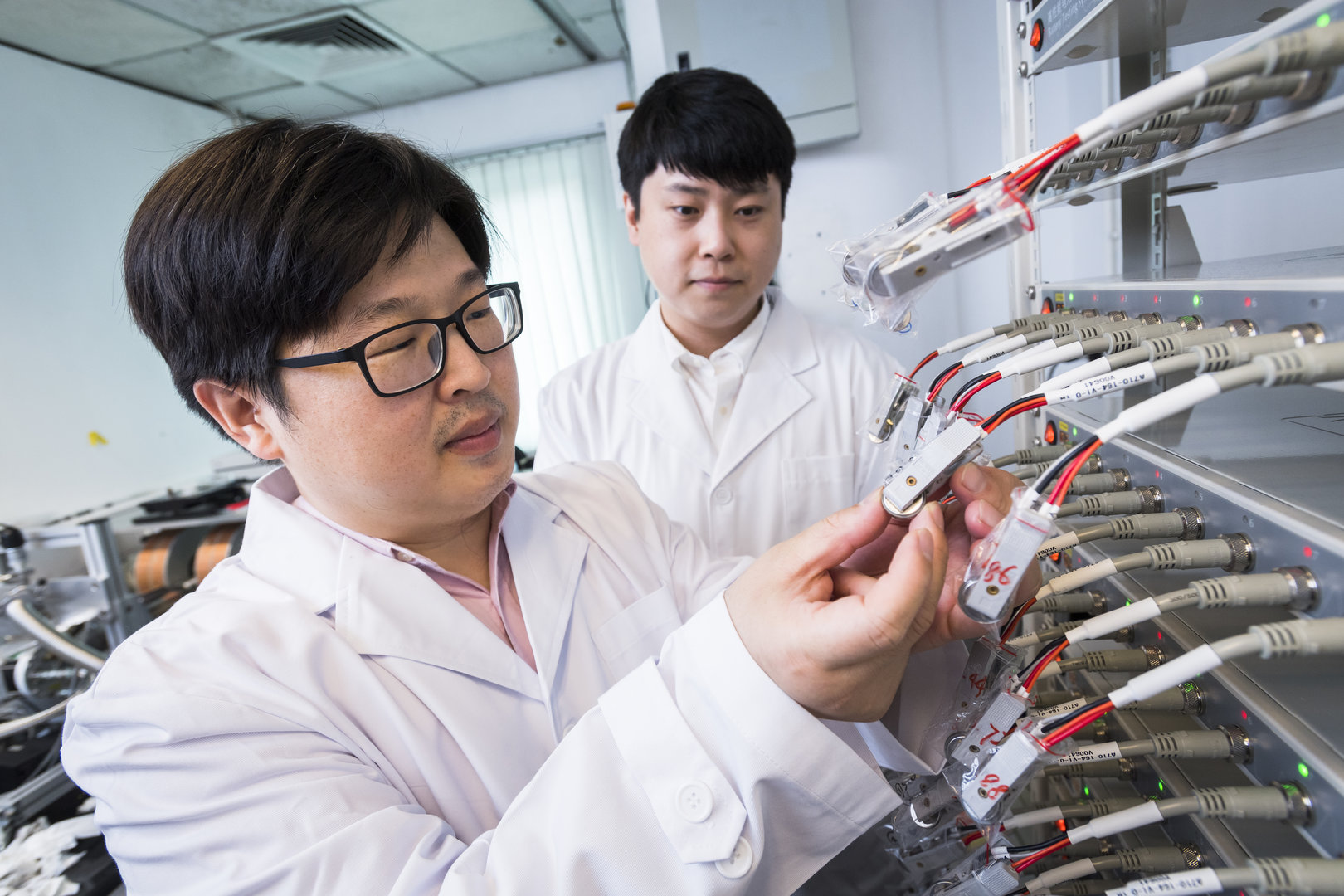
A team comprising researchers from City University of Hong Kong (CityU) has developed an anode material for lithium batteries with fast charging and discharging capabilities, which may significantly shorten the charging time for electric vehicles from half-hour to just three to six minutes.
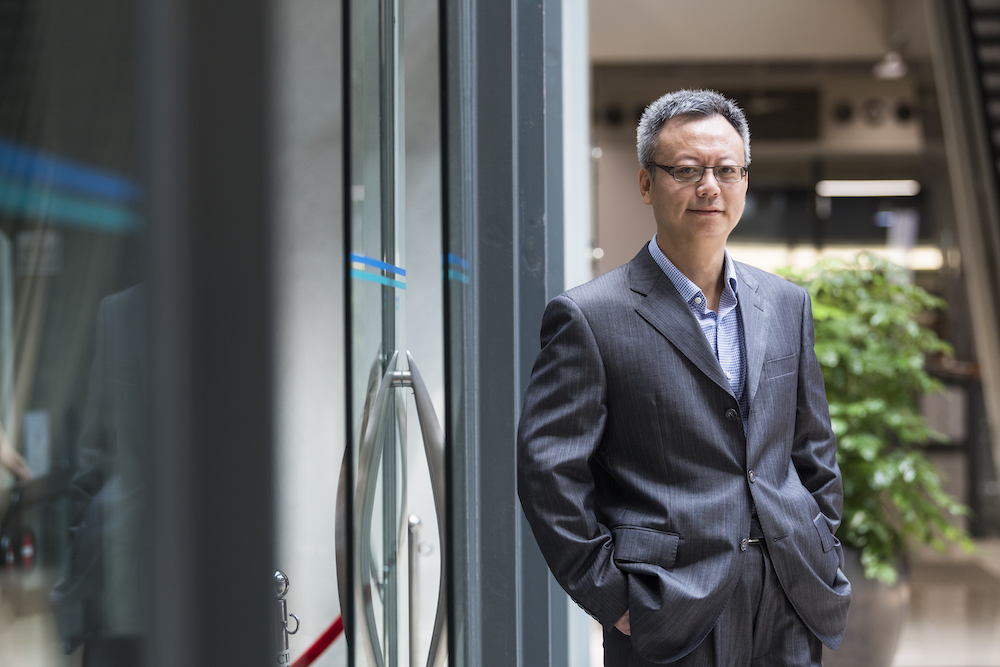
Professor Zhang Hua, Herman Hu Chair Professor of Nanomaterials in the Department of Chemistry at City University of Hong Kong (CityU), has been elected Foreign Fellow of the European Academy of Sciences recently. As a specialist in the field of nanomaterials, he regarded this honour as international recognition of his team’s interdisciplinary research on the phase engineering of nanomaterials (PEN) and encouraged them to pursue the related research continuously.
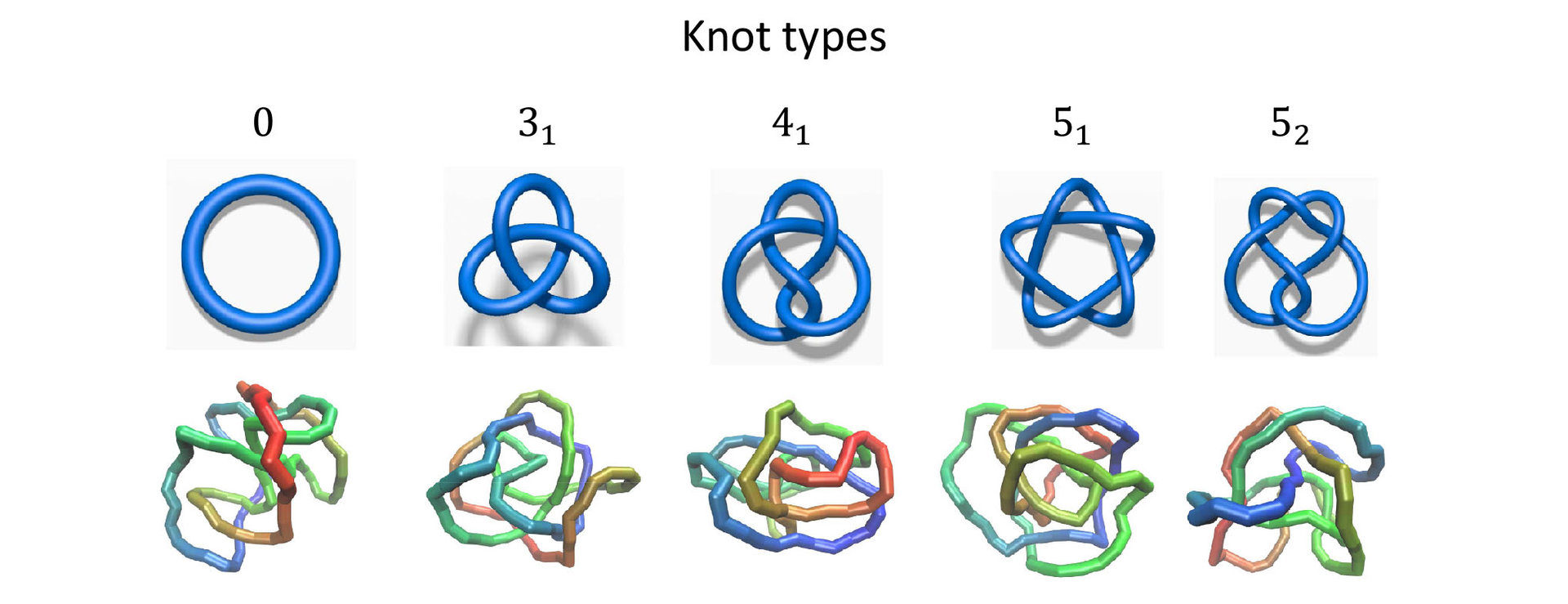
AlphaGo, the artificial intelligence programme that plays chess, has made history by defeating two human world champions from China and South Korea. AlphaGo’s impressive victory over the sophisticated human brains is considered one giant step for artificial intelligence. Its “intelligence” is built from neural networks, a machine learning technology. Recently, scientists from City University of Hong Kong (CityU) and his collaborators have trained artificial neural networks to classify knots, achieving an accuracy of over 99%. It proves that machine learning can facilitate knot research in mathematical and physical sciences.
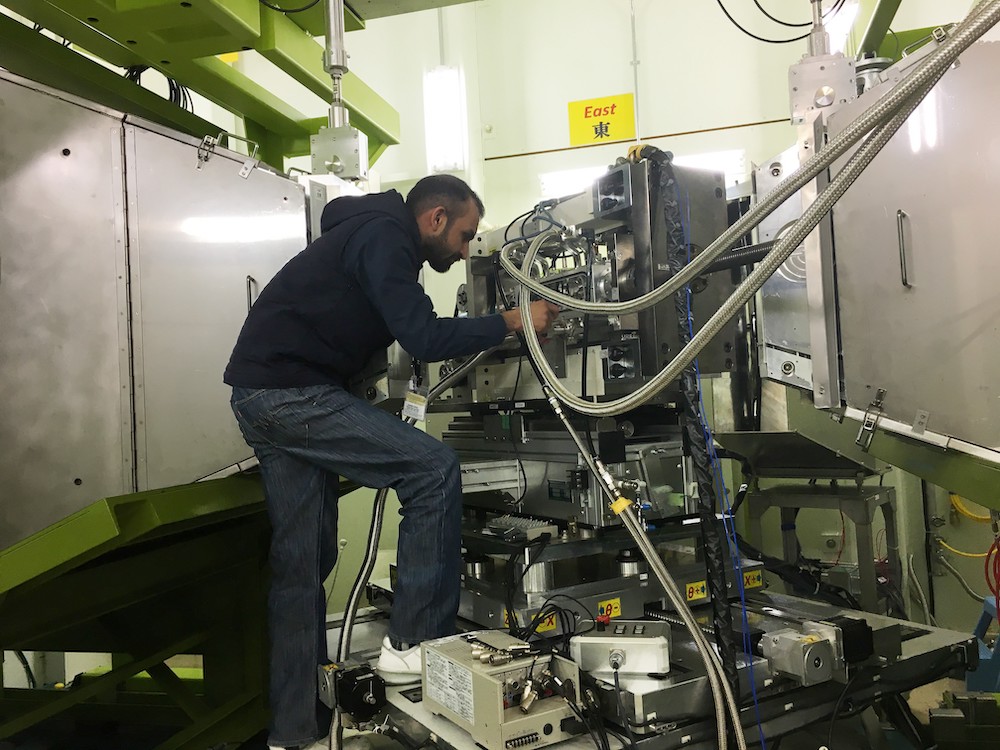
An international research team led by scientists from City University of Hong Kong (CityU) has recently discovered that high-entropy alloys (HEAs) exhibit exceptional mechanical properties at ultra-low temperatures due to the coexistence of multiple deformation mechanisms. Their discovery may hold the key to design new structural materials for applications at low temperatures.
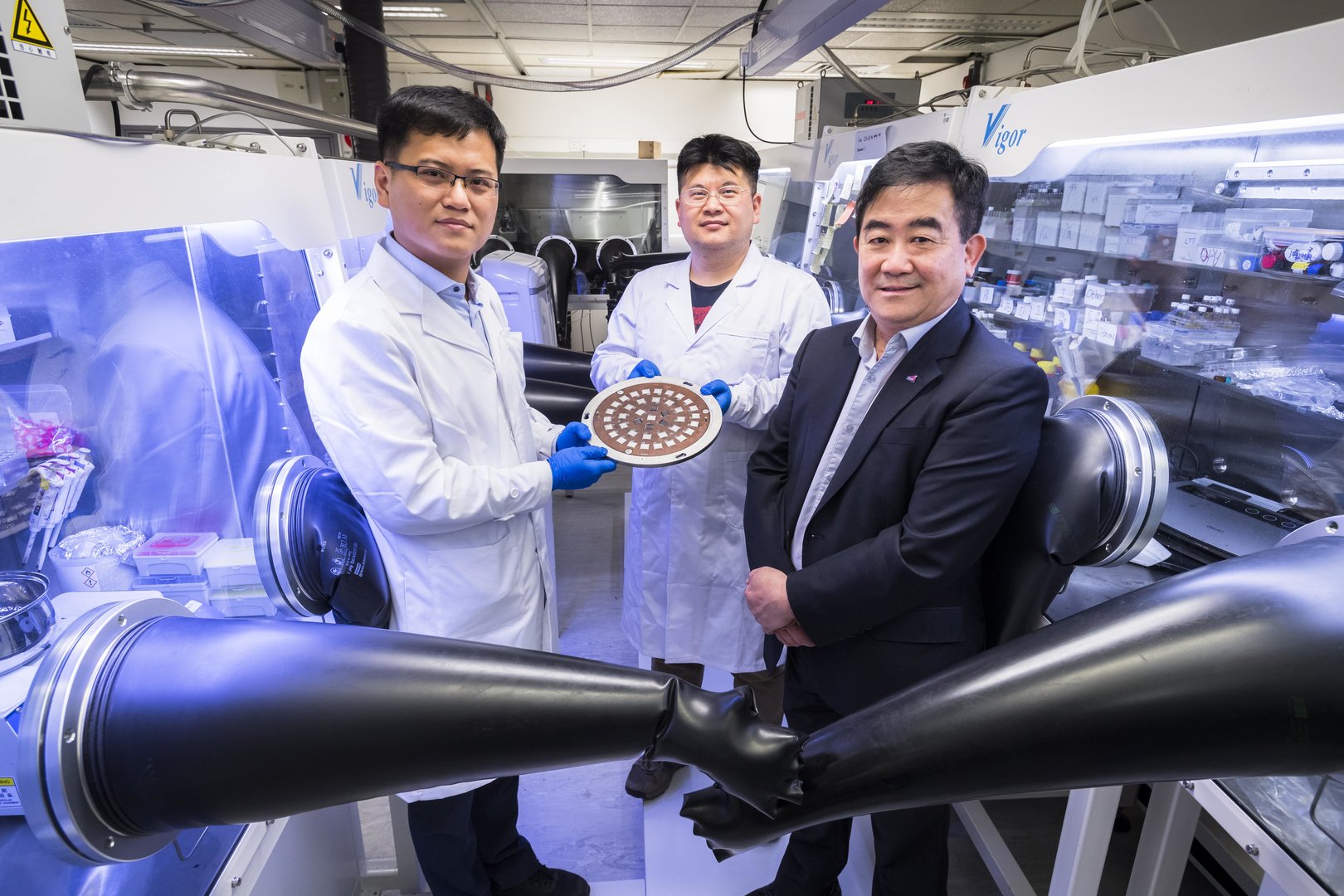
All-inorganic perovskite solar cells have drawn increasing attention because of their outstanding thermal stability. A research team led by scholars from City University of Hong Kong (CityU) has recently developed a new type of all-inorganic inverted perovskite solar cell through passivation.